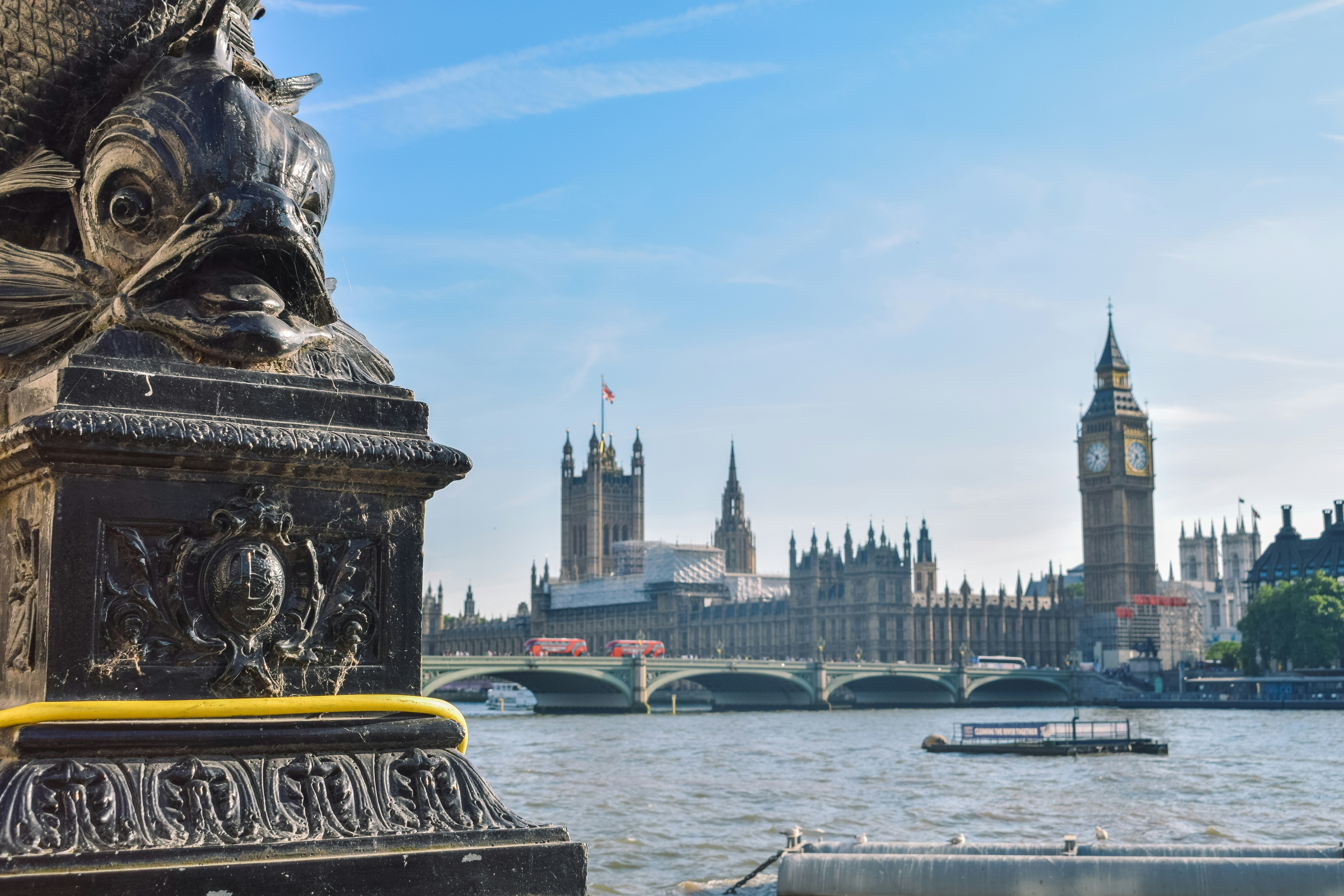Study Abroad: A Guide For Americans Coming to The UK
 Study Abroad: A Guide For Americans Coming to The UK If you’re leaving North America to study in the UK, you’ve made a great choice. The UK’s size means you’ll be able to see plenty of its towns and cities, all with differing qualities and quirks. But despite the UK being a great place to study, it’s a far cry from the culture you’ve likely grown up in. If you’re a little nervous about what to expect once you’ve stepped off the plane, here are a few pointers to help you adjust to life as an adopted Brit.
Study Abroad: A Guide For Americans Coming to The UK If you’re leaving North America to study in the UK, you’ve made a great choice. The UK’s size means you’ll be able to see plenty of its towns and cities, all with differing qualities and quirks. But despite the UK being a great place to study, it’s a far cry from the culture you’ve likely grown up in. If you’re a little nervous about what to expect once you’ve stepped off the plane, here are a few pointers to help you adjust to life as an adopted Brit.
UK health system
If you intend on studying in the UK for a prolonged period, you’ll likely find yourself needing to use the UK’s health services at some point, even if only for something minor like a dental checkup. You might feel like skipping this step, but be warned, the UK’s health services are VERY different to those offered in the US.
The National Health Service (NHS) in the UK offers free healthcare to all UK residents. As an international student, the rules are a little different for you. But the good news is that you ARE entitled to free NHS healthcare if you are studying in the UK for longer than six months.
However, you will be required to pay an immigration health surcharge of £470 a year. This will give you free access to NHS services such as
• Accident & Emergency (A&E) services
• Hospital treatment
• Walk in centres
• GP services
It might be confusing to learn that dental treatment in the UK is not free, but it is a lot cheaper if you’re registered with a UK dentist as an NHS patient. Waiting lists are extremely long for UK dentists at the minute so you might need to ring around to find one that can accept you.
If you’re heading to the University of Warwick like many international students choose to, it would be worth getting in touch with a dentist in Leamington Spa, Coventry or other surrounding areas.
Driving in the UK
If you’re arriving in the UK with an American or Canadian driving license, you will be able to drive in the UK using your own license for 12 months. After that, you will need to hold a British driving license to continue driving in the UK.
As Canada is considered a ‘designated country’, Canadians will be able to simply exchange their license for a British license. Americans on the other hand will need to pass a British driving theory test as well as a practical examination.
A full list of designated countries can be found here.
UK Transport System
As the UK is considerably smaller than the US and Canada, towns and cities are generally well connected by train. Booking in advance is highly recommended for the best prices. For example, a train journey from Manchester to London would take under three hours and cost around £35.
For traveling around your university town, buses are probably your best bet. Most UK towns and cities will offer student rates for monthly or annual bus passes but it’s worth researching the location you will be living in as prices and operators differ from one town to the next.
Where the UK transport system can get a bit tricky, is in The Big Smoke a.k.a London. If you’re planning to study in England’s capital, you’ll need to get to know London’s underground tube system. Transport for London’s website features all you need to know about the London Underground.
UK Cost of Living
When it comes to the cost of living in the UK, your budget will look considerably different depending on whether you’re living in London or outside of London. There are a range of other factors that will impact your cost of living, but generally speaking, the south of the country is more expensive to live in than the north of the country.
Rent
The average monthly student rent is approximately £535, although this figure will be closer to £1,000 in many parts of London. It’s also worth noting that this figure can be as low as £360 in smaller towns.
Eating out
A three-course meal for two at a mid-range restaurant will cost between £45 and £100. By comparison, a McDonald’s meal will cost somewhere around the £7 mark. A regular-sized cappuccino will cost as much as £4.50 at a UK cafe, while an alcoholic beer (0.5L) will cost no more than £6.50.
Groceries
The average UK weekly shop costs £31 per person. To get a rough idea of how that breaks down, it would cost around £2.50 to purchase a litre of milk and a loaf of bread. A box of 12 eggs would cost approximately £2.94 and a kilogram of chicken would cost £6.63 on average.
Leisure
For those looking to join a gym during their time in the UK, university gym memberships are often the most affordable option. However, if you’re living off-campus, it may not be the most appropriate option.
A gym membership in the UK costs around £30 on average*, although this doesn’t factor in student prices which are commonly available.
*Statistics taken from www.numbeo.com.

